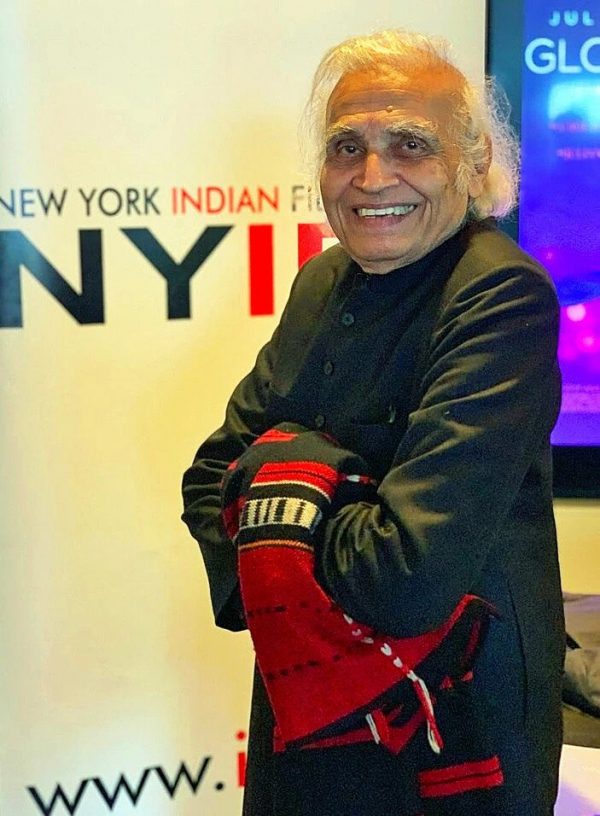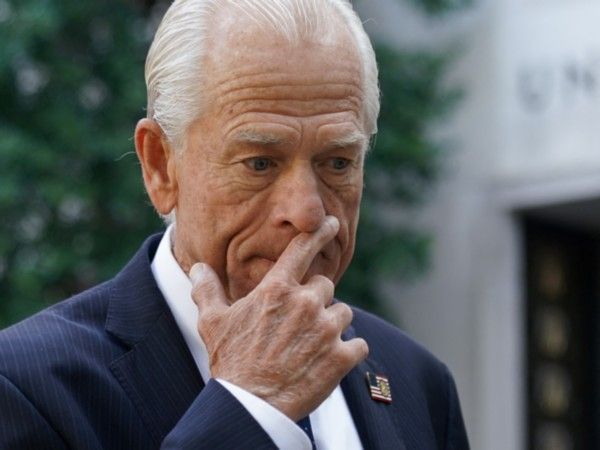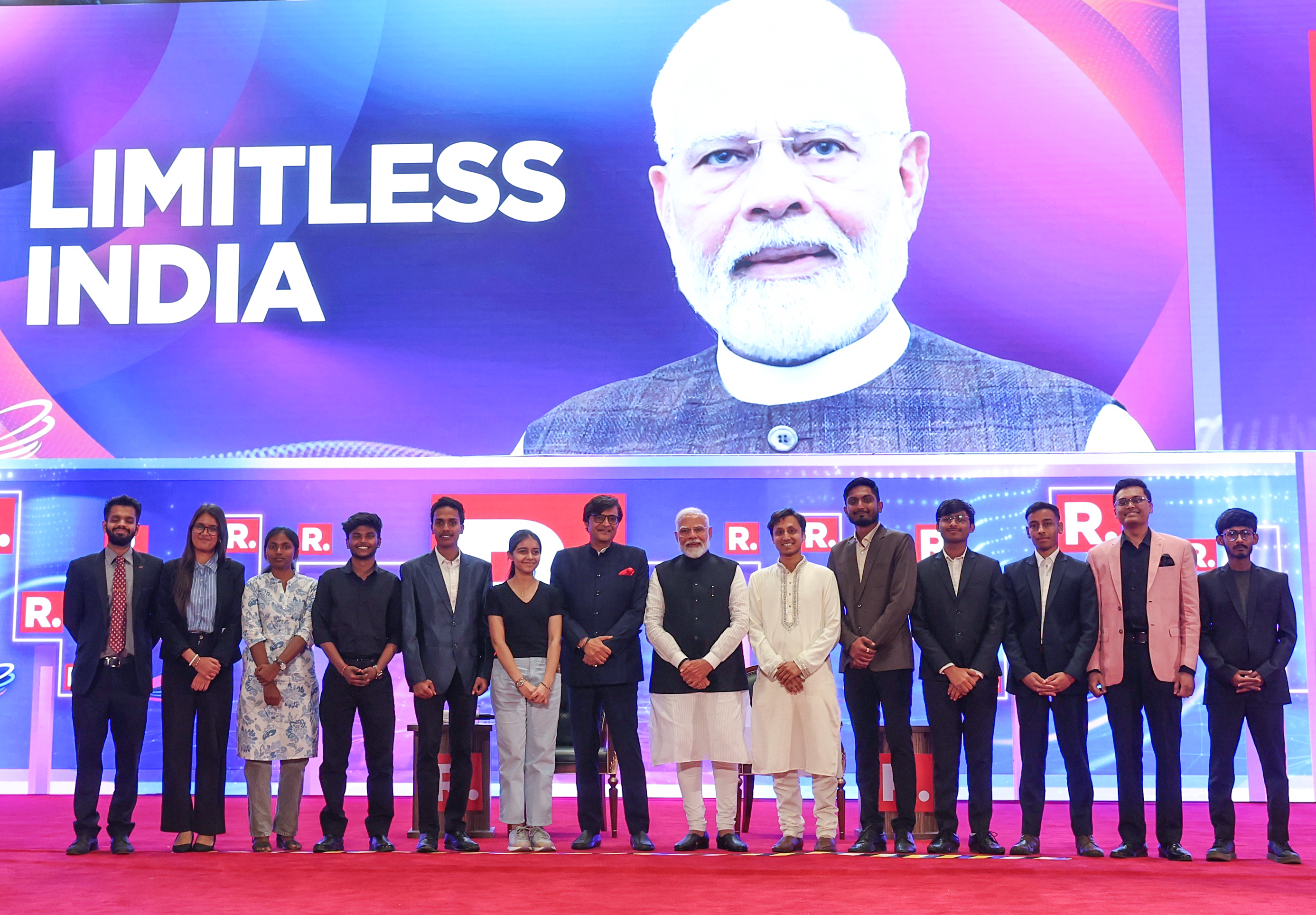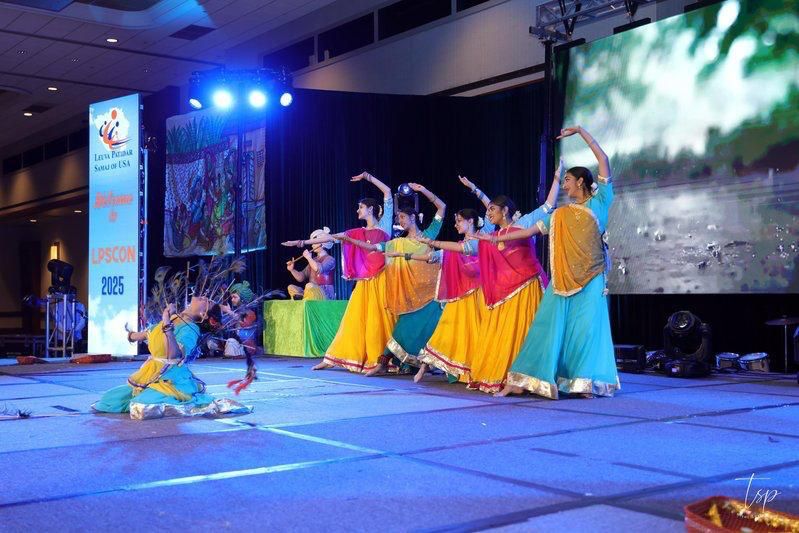Our Bureau
New Delhi/New York
Famous dance historian and critic Sunil Kothari passed away Sunday morning at a Delhi hospital after he suffered a cardiac arrest a month after testing positive for coronavirus. He was 87. “He had tested positive for Covid-19 almost a month back and was not in a good condition,” Vidha Lal, a family friend and herself a dancer, told PTI.
Kothari, who frequently lectured in the United States, studied the traditions and techniques of dance forms from the north of India to the south, and from the east to the west, interviewing hundreds of gurus, many of whom, in a country that remains largely ethnocentric, dismissed his efforts because he did not speak their local languages.
Born on December 20, 1933 in Mumbai, Kothari qualified as a Chartered Accountant before turning to the study of Indian dance forms. He authored more than 20 books on the subject of Indian dance forms including “Sattriya Dances of Assam”, “New Directions in Indian Dance”, and also on Bharatanatayam, Odissi, Chhau, Kathak, Kuchipudi, and Photo Biographies of Uday Shankar and Rukmini Devi Arundale.
Dancer and long-time associate Anita Ratnam remembered the late critic for his “infectious enthusiasm”.
Kothari had first met her at a dance recital in 1970 in Chennai when she was just a teenager.
“After the performance, he rushed backstage and looked at me and said ‘apsara! apsara! (fairy) in his normal enthusiastic voice. He was not somebody who would just come for the dance, he would even come for the rehearsals, he would talk to everybody present, he wanted to know the whole process. He was part of a very important dance movement,” Ratnam said, as quoted by PTI.
The dance scholar held the Uday Shankar Chair in Rabindra Bharati University, and taught in the Dance Department of New York University as a Fulbright Professor.
Kothari received numerous titles and awards for his contribution to Indian dance forms including the Sangeet Natak Akademi Award (1995); the Gaurav Puraskar conferred by the Gujarat Sangeet Natak Akademi (2000); the Padma Shri bestowed by the Government of India (2001); and the Life Time Achievement Award of the Dance Critics Association, New York, USA (2011).
He was also an elected Fellow of Sangeet Natak Akademi for his contribution to Indian dance as a scholar. Kothari was among the 27 artistes who were served a notice in November to evict their government-allotted homes by December 31. The dance historian had said he felt “humiliated” on being served the “get out” notice.
“I am a Padma Shri and Sangeet Natak Akademi awardee. I have written several books on Indian classical dance forms and allied art forms and have been part of many committees, and this is what my government gives me return.”
“I feel humiliated that at this age I have been sent, what I call a ‘get out’ notice, and asked to leave the place which has been home to me for the past 20 years,” he had told.
According to an obituary in the New York Times, Kothari “had encounters with dance figures like Rudolf Nureyev, the choreographers Pina Bausch and Maurice Béjart and the British theater director Peter Brook. A frequent lecturer in the United States, he made his last trip to New York City in May 2019, when he spoke at the New York Public Library on the mid-20th-century dance luminaries Ram Gopal and Mrinalini Sarabhai. He wore his expertise lightly, often speaking with an innocent-sounding glee.”
At his death, Kothari had completed an autobiography, which has yet to be published.


























